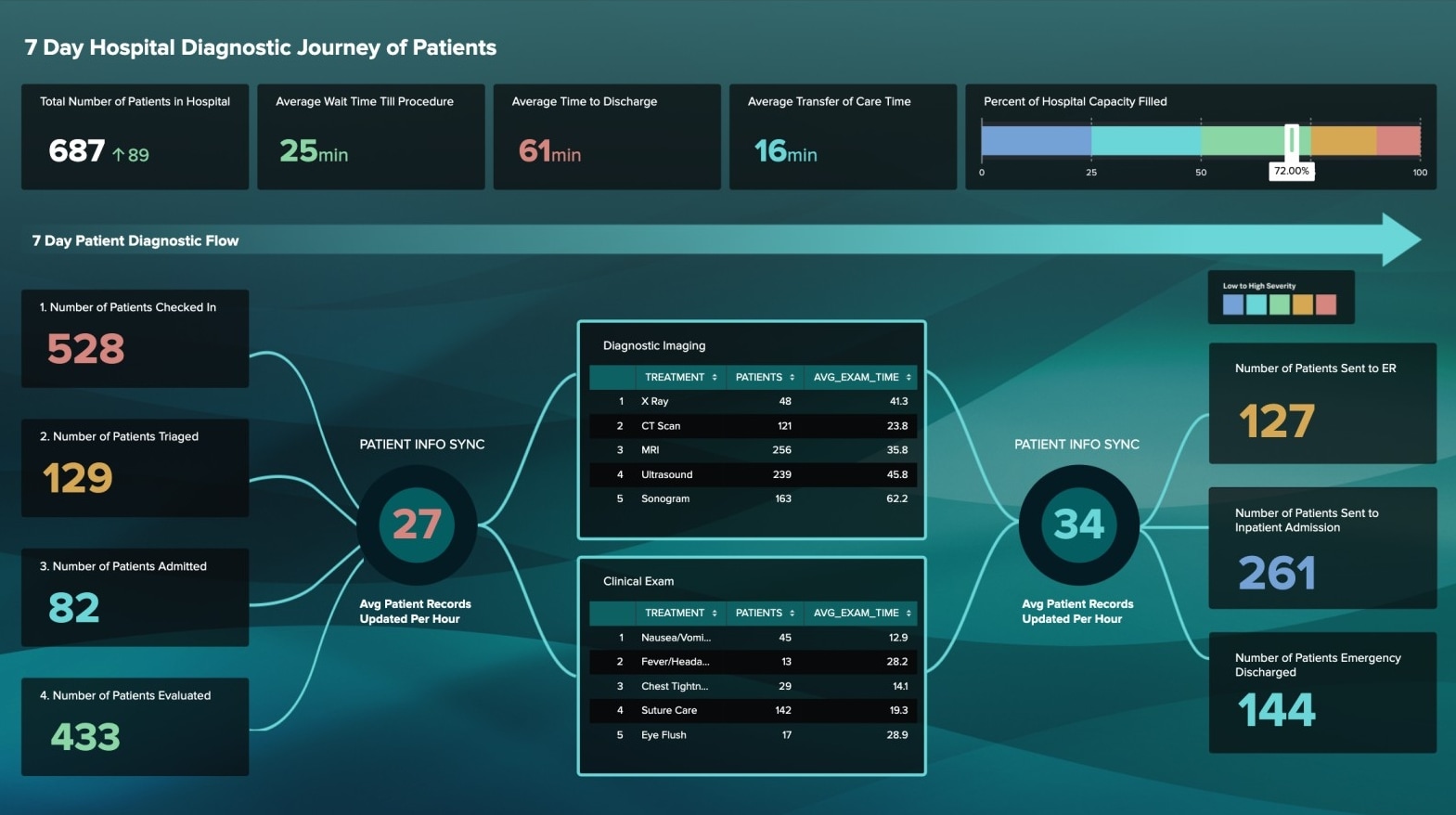
Tracking Progress and Stats of WordPress Team Using Experimental Health Dashboards
In the world of WordPress, tracking the progress and performance of various teams is crucial for the overall success of the platform. Two individuals, Hari Shanker and Courtney Robertson, have taken the initiative to introduce experimental WordPress contribution health dashboards that aim to monitor the performance of different teams. These dashboards provide key statistics and insights into the progress of teams such as Make/WordPress Core, Community, and Training.
The concept of performance dashboards for WordPress teams was first discussed in 2021 by Community Gardener Ian Dunn. The idea gained traction, especially from the Community and Support teams. It was further emphasized by Matt Mullenweg, the co-founder of WordPress, at WordCamp Europe 2023. Mullenweg highlighted the importance of project health dashboards, which provide better visibility into team performance. This led to the formation of a working group consisting of Naoko Takano, Isotta Peira, Hari Shanker, and Courtney Robertson. Their task was to turn this concept into a reality.
To gather community input, the team held project health hangouts and analyzed the data using the open-source tool Bitergia Analytics. However, they encountered a challenge as Bitergia lacked integration with essential tools commonly used by WordPress teams. To bridge this gap, the working group manually analyzed additional data sources, including the WordPress 6.6 props list and internal contributor data from the Community and Training teams. While this manual compilation of data was time-consuming, Shanker and Robertson invested significant effort into preparing the dashboards.
The Core Team dashboard provides interesting insights into the contributors of WordPress 6.6. It reveals that 37% of contributors were new, indicating the project’s ability to attract fresh talent. However, there is growing concern as the number of inactive contributors is rising, and close/merge rates in Core GitHub repositories are declining. It is worth noting that contributions tend to spike around major releases, and a significant portion of the work is driven by sponsored contributors from companies like Automattic, Yoast, GoDaddy, and 10up.
The Training Team has exceeded its goals, achieving a 50% retention rate for video content and an enrollment rate of almost 60% for its courses. The Learning Pathways project also performed well, with high enrollment and course completion rates, along with an impressive 90% learner satisfaction rate.
The Community Team is just shy of its target for new attendee participation, with a current rate of 44.76%. Despite a dip in the number of WordPress events due to the pandemic, the team has seen steady improvement in event participation as in-person gatherings continue to recover.
In addition to the insights from the dashboards, key statistics from WordPress 6.6 release are also worth noting. Approximately 640 people from 53 countries and 129 companies contributed to WordPress 6.6. Out of these contributors, 241 were first-time contributors, accounting for about 38% of the total. The USA led in contributions with 1033, followed by Australia with 762. In terms of contributors by country, the USA had 84, followed by India with 69, and Bangladesh with 23. Automattic had the largest number of contributors with 105 people, followed by rtCamp and 10up.
Looking ahead, Shanker revealed that the long-term goal is to build automated, live dashboards for WordPress. These experimental dashboards are currently in the testing phase, and future developments will depend on community feedback. If they prove valuable, the hope is to encourage other Make/Teams to create their own dashboards and explore the possibility of a project-wide dashboard. However, Shanker acknowledged that this could be resource-intensive.
Overall, the introduction of experimental health dashboards for WordPress teams is a significant step towards tracking and improving team performance. With insights derived from these dashboards, the WordPress community can identify areas of improvement and further enhance the platform. The future looks promising as the goal is to create automated, live dashboards that provide real-time information. With community feedback, these dashboards have the potential to revolutionize how WordPress teams monitor their progress and collaborate towards the continued success of the platform.
